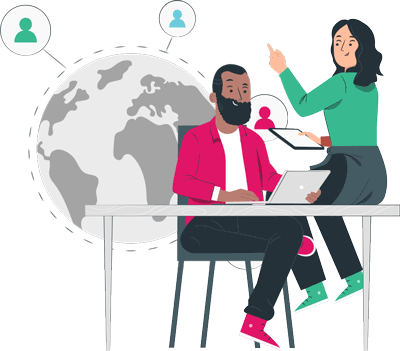
Make democratic spaces for everyone in Europe
Many people cannot participate in democratic talks.
They face language barriers.
For example, they do not understand technical concepts.
In the European Union, 6 million people have difficulties with language.
They cannot read, write, or understand well.
All over the world, over 90 million people have the same problem.
This stops them from participating in democracy.
The European Union funds the iDEM project.
This project wants to remove language barriers.
It aims to help all people participate in democracy.
The project will use artificial intelligence to change texts to fit each person.
 More inclusivity and representation
More inclusivity and representation

iDEM project started in January 2024.
It will run for 3 years.
It has 2 goals:
- Design tools to help people read and understand public documents
- Help people who feel left out to share their opinions and messages

About iDEM project

iDEM project will study language problems in democratic process.
It will find out what users need.
It will learn why users have trouble understanding information.

Artificial Intelligence tools help make information easy to understand.
These tools help people participate in debates.
They are for people with communication difficulties.
They are also for people with intellectual disabilities.

iDEM project will develop 4 pilots in different languages.
A pilot is a situation in which people use the tools to make a democratic process.
For example, people debate on a topic, and vote the best option.
The project will include groups of people who are often excluded.
It will always consider all genders.
Solutions to improve participation


The tools will be in 4 languages: Catalan, Spanish, Italian, and English.

The tools will be free. The tools will be open source, it means that is available for everybody and you do not have to pay for using or changing it.

The tools will focus on the way people use them and are easy to use.
Do you want to know more?
We want to hear from you!
Do you have a question about our use cases?
Do you have a question about our team of European experts?
We are happy to help!


